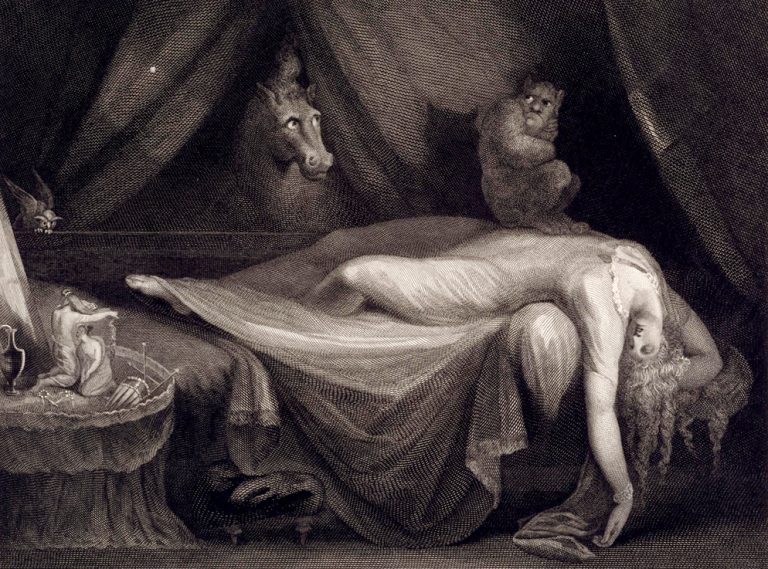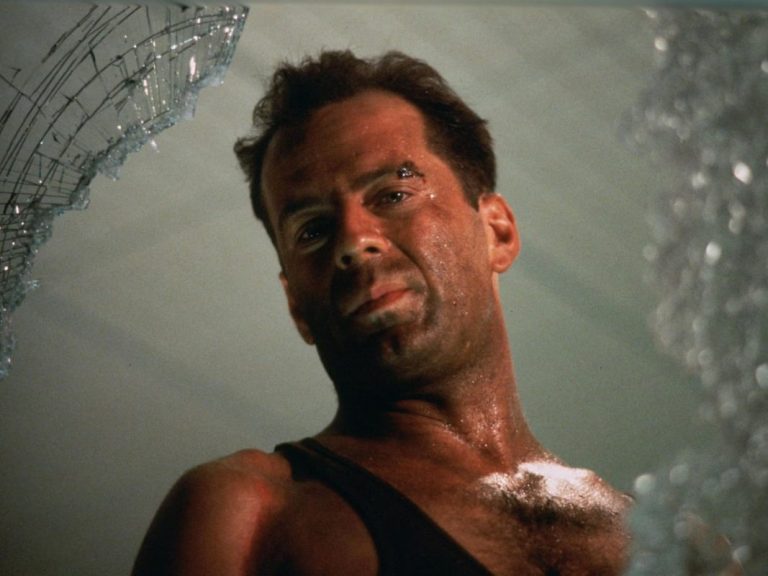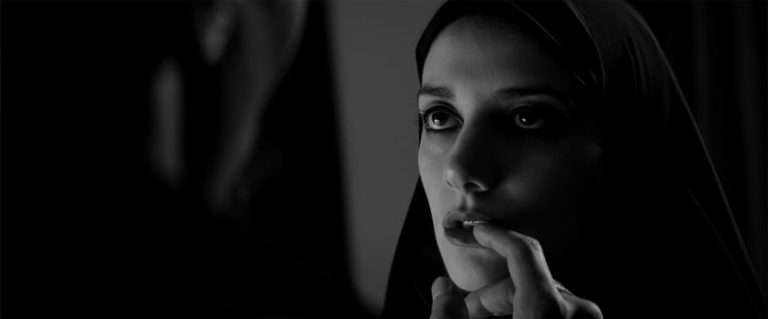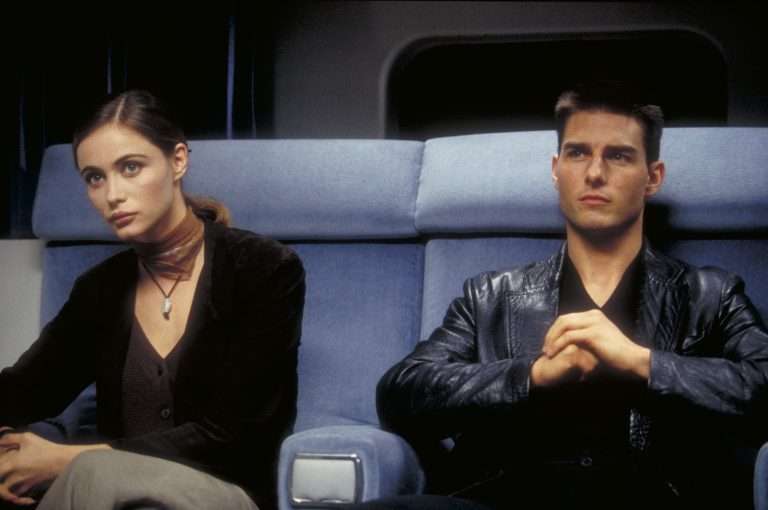During his “King of the Road” Tour in Calcutta Wim Wenders said, “Today, there is a whole new form of loneliness, a very sick form…. There is a new disease, a deadly form of loneliness, which is digital loneliness.” His words instantly reminded me of one of the most quoted lines in the history of cinema, i.e. “I’m God’s lonely man“, by Travis Bickle. This loneliness has been lurking inside human beings for eons, only it’s medium has now changed with the advent of social media, which is making us more and more asocial and estranged from first-hand experiences. While watching Wenders’ films, it’s been observed that loneliness is a characteristic trait of all Wenders’ characters. Being a victim of the same loneliness for a month, I’ve been obsessively consuming Wenders’ work so here’s delving deep into the major themes of some of his films.
Journey
All the characters of Wenders’ films embark on a journey. The journey that has no destination but rather a journey in search of something to which both the main characters and we viewers are oblivious. It’s only until the end we realize that this journey is cathartic. Be it Joseph Bloch (“Goalie’s Anxiety at the Penalty Kick”), Philip and Alice (“Alice in the Cities”), Wilhelm (“The Wrong Move”), Robert and Bruno (“Kings of the Road”), Travis and Hunter (“Paris, Texas”), all these characters undergo a journey through which some of them confront their past thus reconciling with the present. Some of them atone for the mistakes of their past, while for others this journey gives them clarity about the desires, wants, and priorities from life.
I was fortunate enough to ask Wenders if we can equate the journey of his characters with the journey of life in a Q and A session that took place at Basusree cinema during “King of the Road” Tour in Kolkata, to which he replied, “Yes, all of these characters undertakes a journey but they don’t necessarily come out as better human beings yet the journey is important for them and you, me, we are all in the same journey“. Therefore, it can be deduced that this journey on the road is a trope that Wenders uses to depict the banality and adversity of life at the same time, conveying that life goes on, thus making this journey eternal.
Angst and Loneliness
Wenders was making his films in Post-Second World War Germany and was strongly associated with the New German Cinema movement that employed realism inspired from the French New Wave and Italian Neorealism, thus disregarding Romantic ideals and yearnings. Therefore, most of the characters in his films are encompassed by a strange loneliness. Phillip Winter (“Alice in the Cities”) is a journalist who is commissioned to write an article about the United States, but he is undergoing a writer’s block that leads to his existential crisis and therefore takes polaroids to constantly feel his existence as well as the existence of places and things around him.
Wilhelm (“The Wrong Move”) is a writer who declares that he wants to write but is blocked, Bruno and Robert (“Kings of the Road”) the former a cinema equipment repairman and the latter a pediatrician cum an expert in language development in children, are two wayward souls who are in the search of something.
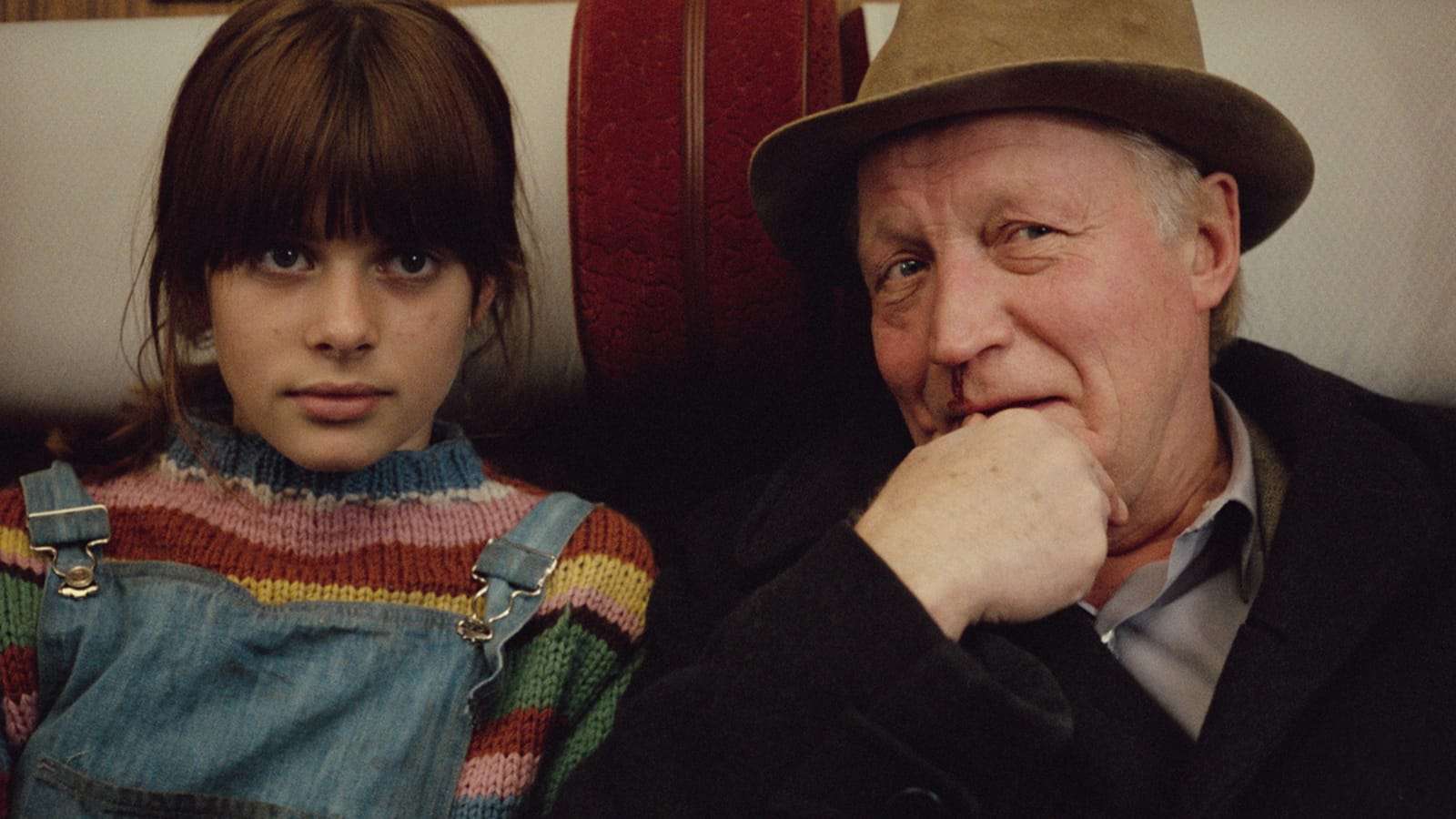
Travis (“Paris, Texas”), is a wanderer who confronts his past to make amends for his mistakes, Joseph Bloch (“Goalie’s Anxiety at the Penalty Kick”), who bears a Kafkaesque name is a goalkeeper who is ejected from a soccer game for arguing with referee and therefore being dejected wanders aimlessly down the countryside. All these characters are in a labyrinth searching for an escape, but they are entrapped in limbo. It’s only through their bonding or association with strangers they meet during their journey that they undo their crisis.
Wenders uses empty stretches of land or landscape to capture loneliness through space. One of the characters in “The Wrong Move” makes a very interesting comment about loneliness. He says, “.…loneliness in Germany is masked, masked by all those treacherous, bright, soulless faces that drift through supermarkets, leisure centers, pedestrian precincts, keep-fit evening classes – the dead souls of Germany.” All these characters stand as a perfect epitome of this speech, carrying within each one of them the angst of the times, signifying the modern world’s spiritual confusion.
More Related to Wim Wenders: 20 Underrated Road Movies You Need to See
Americana
Wenders grew up in post-war Germany, which was heavily influenced by America. He therefore uses American cinema tropes to tell stories in Germany. The settings of his films are mostly American cities, such as Philip (“Alice in the Cities”) travels across New York City, Travis (“Paris, Texas”) walks through desolate valleys and empty highways of Texas. These characters are driven by an American dream, like the director himself, but soon realize that they are lured by an illusion. The frequent appearance of Jukeboxes in his films, the use of musical scores such as “On the Road Again” by Canned Heat, “Paris Texas” by Ry Cooder and “Kings of the Road” by Roger Miller signify Wenders’s affinity towards American pop music.
Wim breaks the myth of America in “Paris, Texas.” The name of the movie itself is symbolic, while Texas conjures the images of cowboy iconography that stands for patriarchal archetype echoing of Travis’s former masculine self, Paris stands as an archetype for something feminine and sensual which is distinctly European. Travis rejects the falsely glowing pretense of gender roles in traditional American family reinforced by increased conservatism in the 1980s. Though the vast stretches of desert used as the setting bring to mind the dust bowl period depicted in American literature, the movie is a movement away from the patriarchal traditions of the American myth.
Children as Adults
Cinema has mostly depicted children as innocent beings who are oblivious of the vicissitudes of life, but children of broken homes have tasted the bitterness of life since their birth, and therefore are forced to grow up into an adult even when they are still a child. Children in Wenders’s films are more mature than the adults driving the narrative of his films. In both his films, “Alice in the Cities” and “Paris, Texas,” we come across two children, Alice and Hunter, who are conceived by young, confused mothers and hence abandoned by a parent. Alice begins her journey in a North Carolina beach town, meets Philip Winter, a journalist undergoing a writer’s block, but the adult male is only a facilitator in this journey. The film’s journey is hers, which becomes evident when Alice takes charge of the revolving door when she first meets Winter.
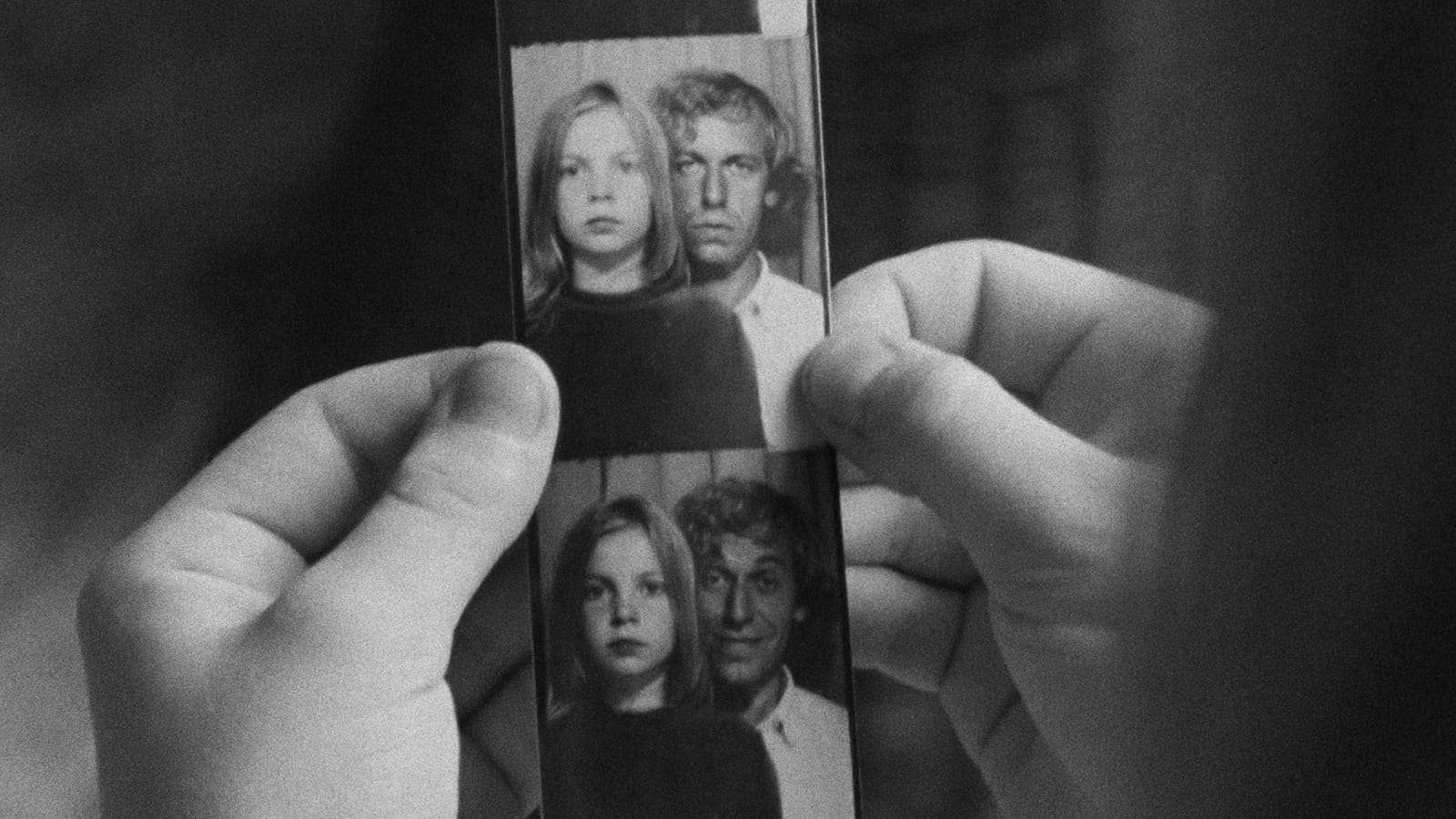
Roby Müller (DoP in most of Wender’s films and his long time friend) always frames Alice and Winter as equals within most spots so that they occupy the same amount of space. There’s one particular sequence when for a change Alice takes a polaroid of Winter and as soon as Winter see his own picture, he sees a reflection of Alice on his picture with both of their faces blurring into each other signifying that maybe Winter also had a similar kind of childhood like Alice but now they are in this journey together.
Alice expresses an entire range of emotions from anger to jealousy when Winter gets sexually attracted to a woman in the park, and Alice puts a sundress from her suitcase. She wears it in a bid for his attention, only to be consumed by sorrow when Alice’s face reflects the weight of her own heartbreak—realizing that her fate is in the hands of wavering, indecisive adults.
Similarly, Hunter hails from a broken home, reared by his uncle Walt and her aunt Anne. He reconnects with his estranged father Travis after four years and gradually they both embark on a journey through time and memory to reestablish their father-son bond that eventually leads to Hunter’s reunion with his mother, Jane. Hunter almost becomes Travis’s guardian, offering him directions to navigate through the vast landscape during their journey.
There’s an instance of role reversal in a particular scene when Travis rests on a couch almost like a child and Hunter sits on another couch, watches his father. Even though Hunter is just a kid obsessed with “Star Wars” and NASA, he realizes that his parents will never unite as Travis can never fully resort to his role as a father due to the deep seated guilt he carries within him for his past actions yet he aids his father both as a geographical and spiritual navigator.
Most of Wenders’s characters share a collective trauma of scarred past that deeply echoes of Wenders’s existential crisis due to the cultural animosity he felt growing up in Germany. Travel therefore becomes an integral part in his films where his characters are constantly travelling, exploring the world and its diverse culture and in the process exploring their inner selves. His characters are flawed, which makes them humane, and even though Wenders was fascinated by American culture, he later confessed in one of his interviews, “My soul is in Europe. This is the place where I belong“.
Watching Wenders’ films is both overwhelming and deeply moving. His films are a meditation on light and shadow, embodying the very essence of life. Wim Wenders is one of the last true auteurs who embraces realism to its fullest, making his work so profoundly compelling— in most of his films, the chaos and uncertainty of reel life reflect the raw, unfiltered messiness of reality itself.

